Scientists propose that mysterious dark energy could be understood if we look at the Universe through the lens of string theory.
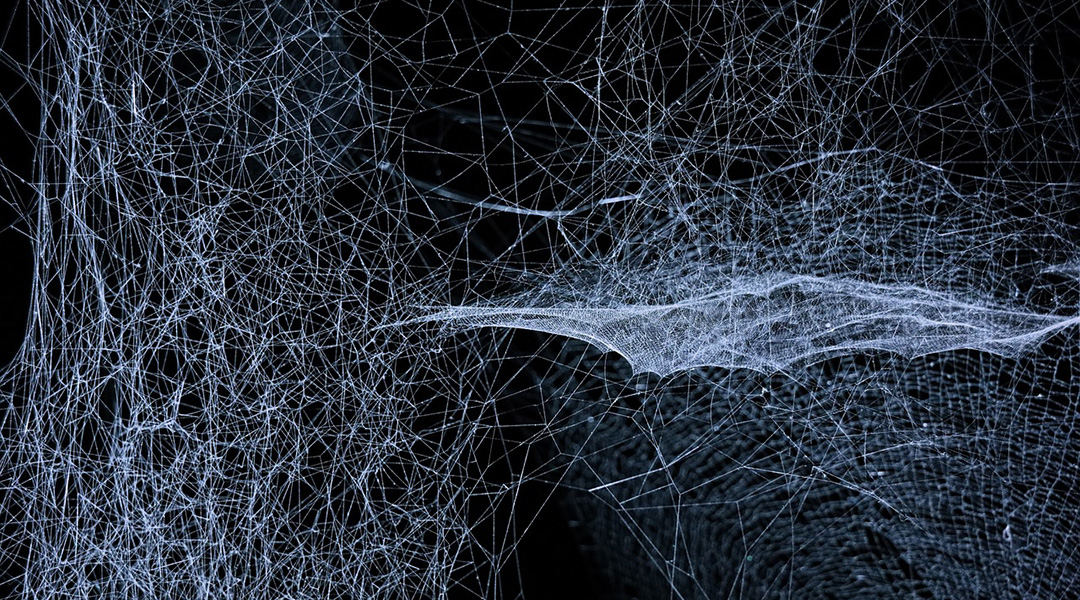

Scientists propose that mysterious dark energy could be understood if we look at the Universe through the lens of string theory.
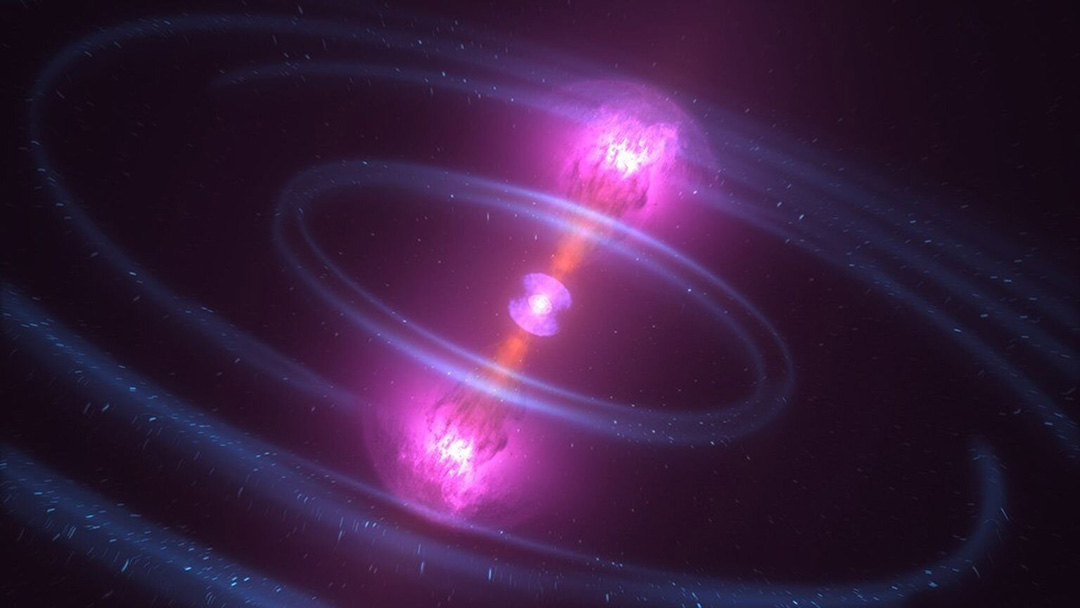
Discover how the rare star HD 65907, a field blue straggler, formed from the merger of two stars.
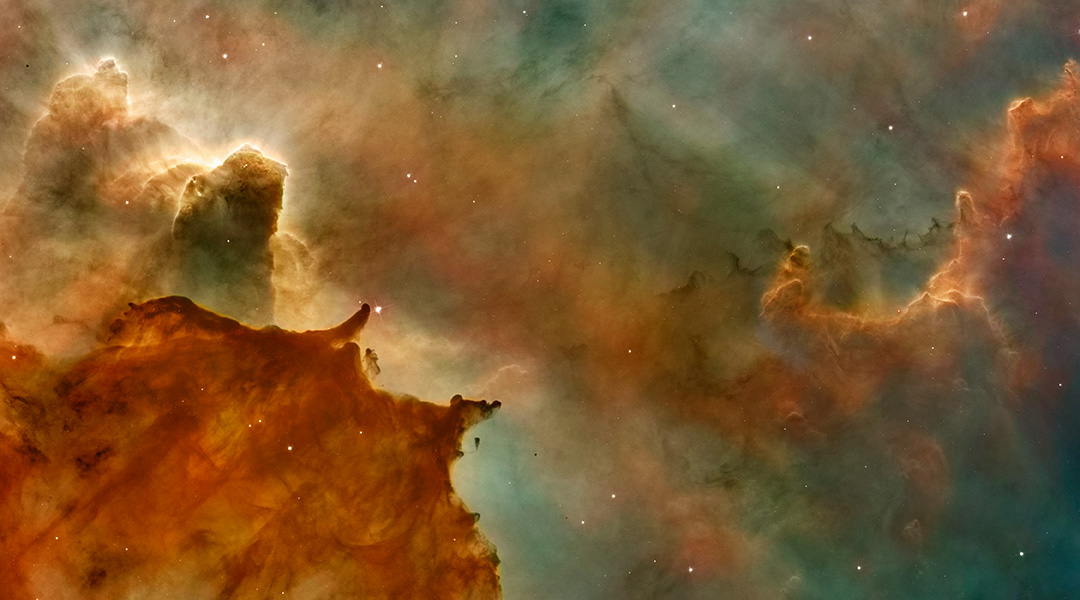
Researchers have built a better picture of how complex molecules developed in the early Universe before becoming essential for life.
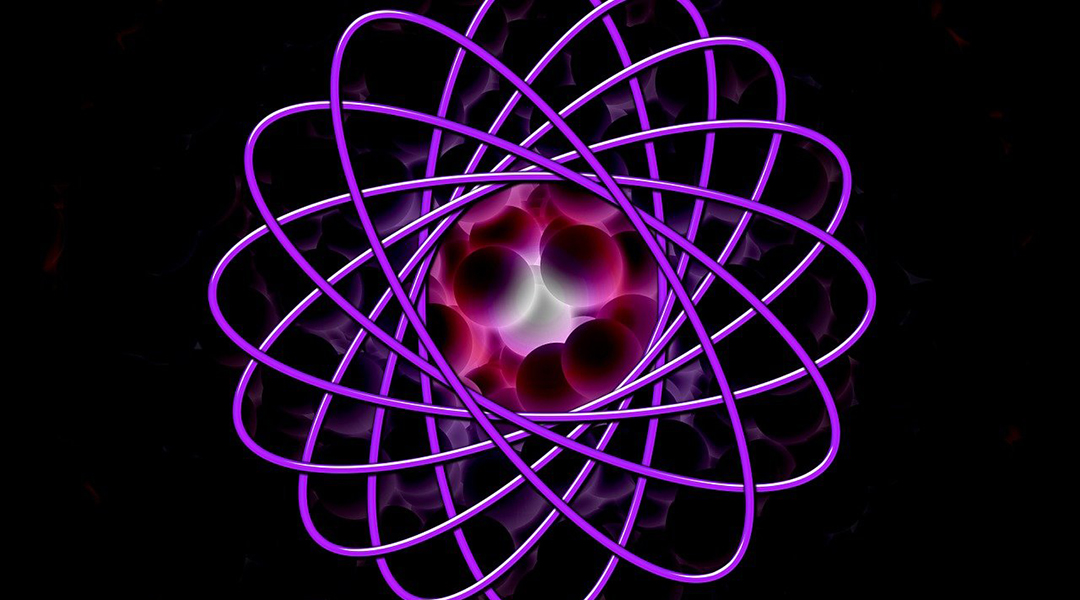
Scientists use cutting-edge techniques to study rare atomic systems called hypernuclei shedding light on subatomic forces and neutron stars.
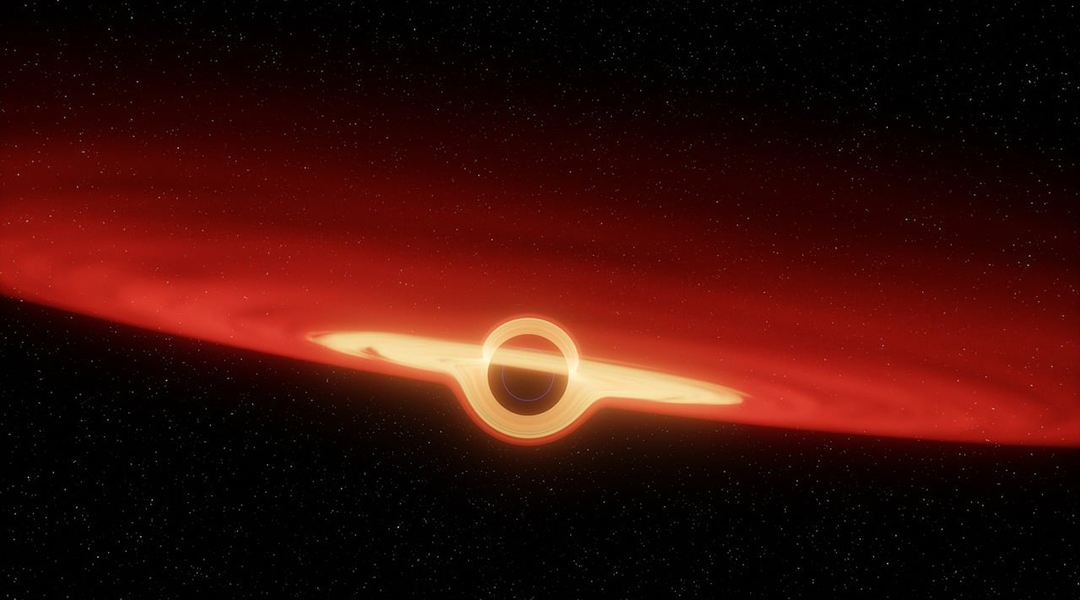
Small primordial black holes could have consumed the interiors of planets or asteroids, leaving their outer shells intact.
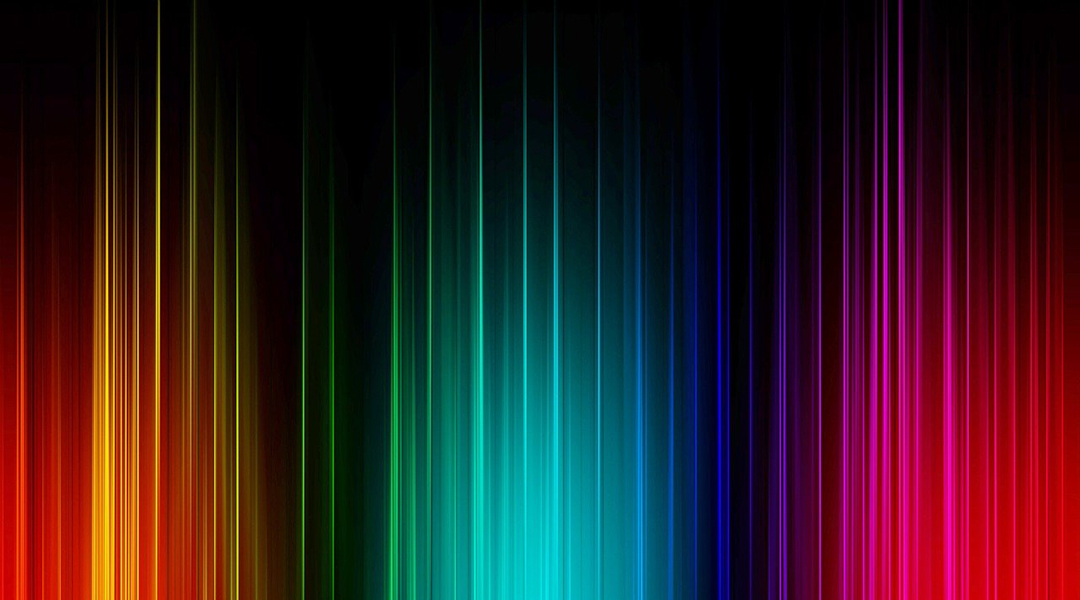
Metasurfaces to detect terahertz radiation are making spectrometers smaller, lighter, and more efficient for space travel.
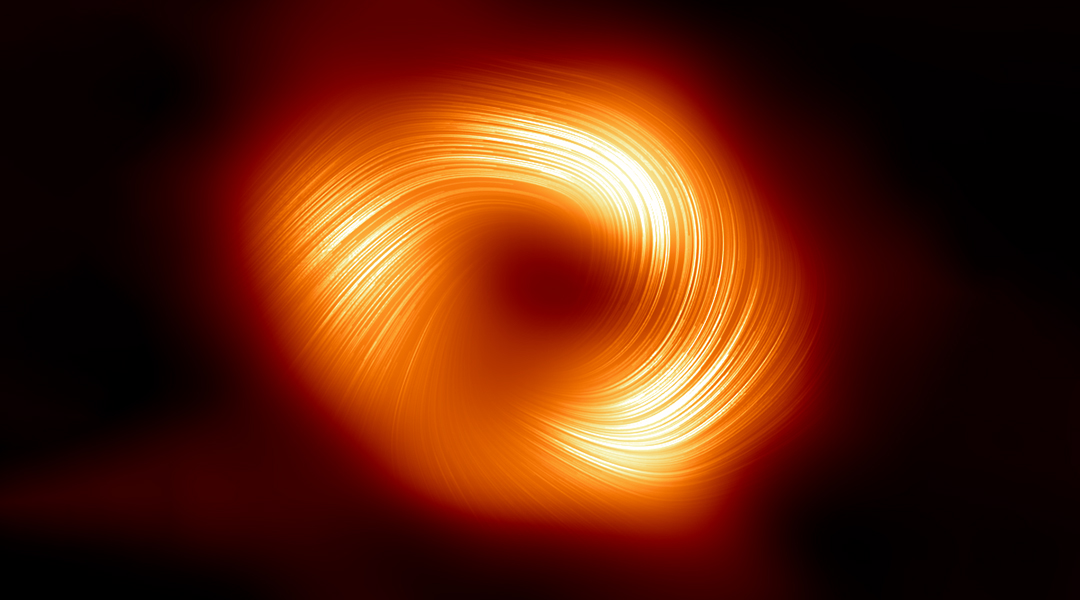
Images of the supermassive black holes wouldn’t have been possible if mimetic gravity was the right recipe for gravity.
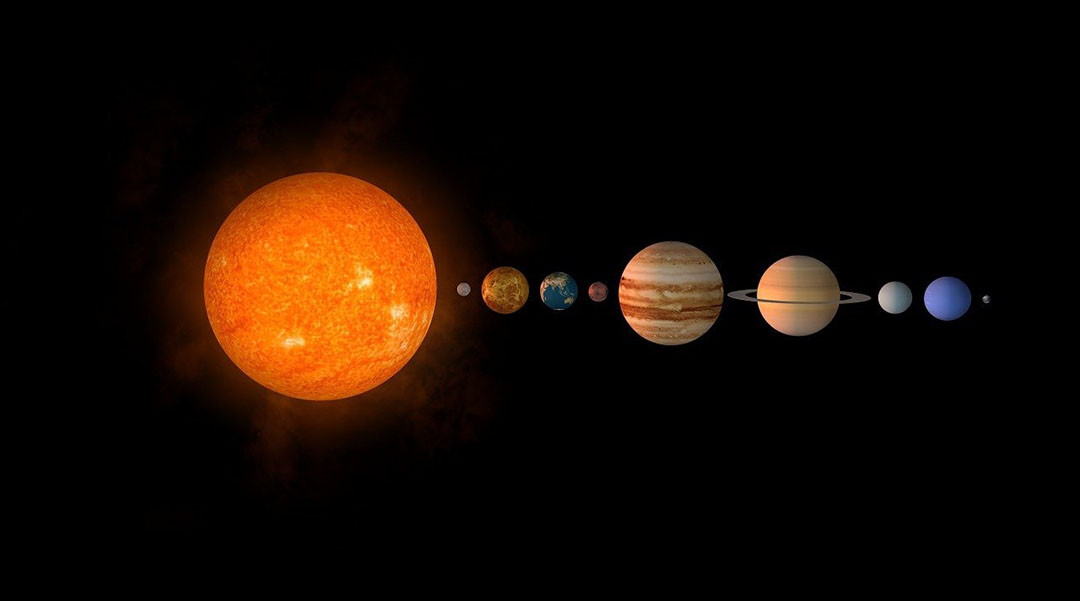
An ancient magnetic field drew matter inward and helped form our solar system’s planets, moons, and asteroids.
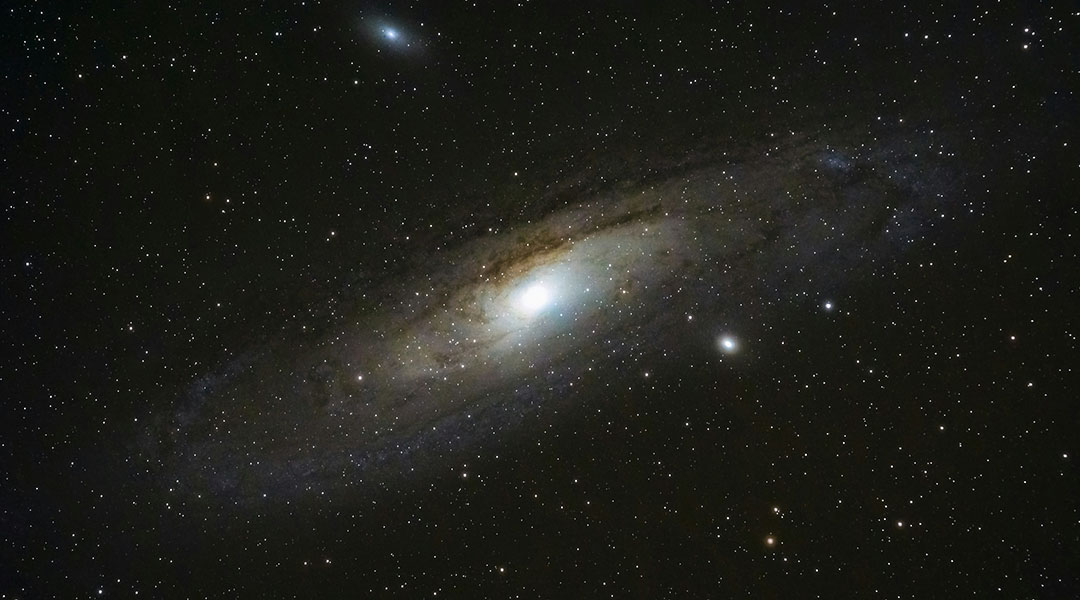
Links to observational data may have revealed the nature of magnetars and the origins of their extreme magnetic fields.
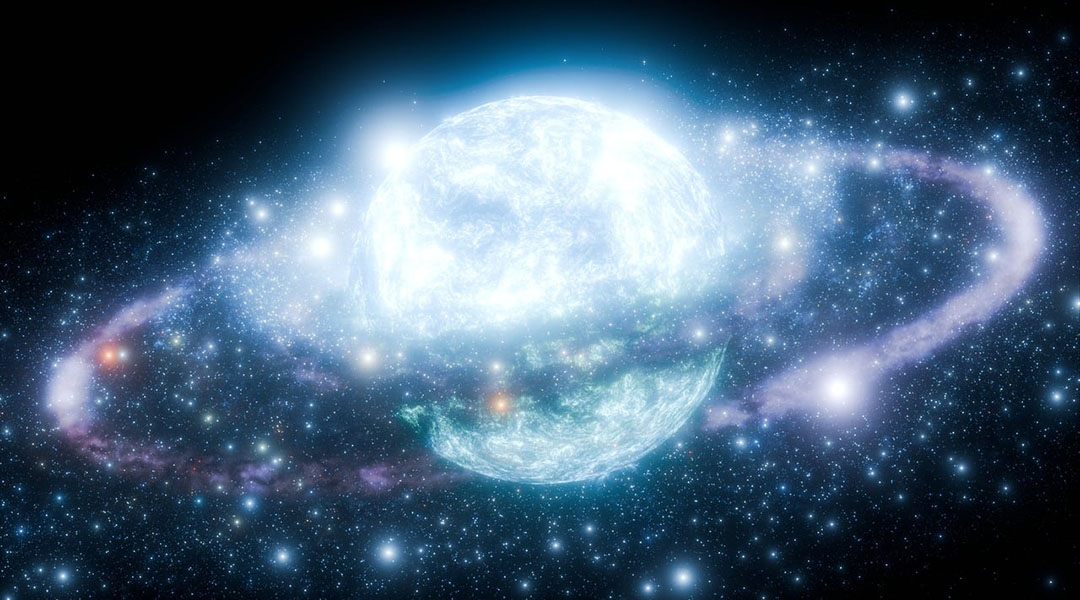
Dark matter may be gathering in dense clouds around neutron stars, potentially making it easier to observe it from Earth.